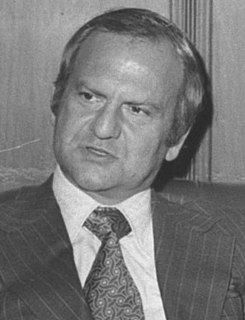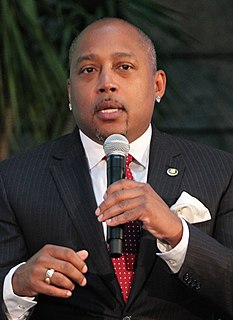A Quote by Lee Iacocca
I was fortunate to get a scholarship when I went to Lehigh University and Princeton. They were both wonderful schools. Somebody was kind enough to spend their money to educate people that they would never get to know. That's what I think philanthropy is about.
Related Quotes
When somebody else calls you exotic, exotic is a box - it's the stereotype of snake charmers and face jewelry. You're just that stereotype. But I don't get offended anymore. I used to get offended by things that were said to me, or how I was seen. Now I educate. If I get pissed off, I'll educate in a sassy way. Other times I educate in a Gandhi-like way. You know - I have my moods.
I would tell myself to get more sleep! Believe it or not, I wrote the book while finishing my PhD in English literature. It was wonderful to get away from doing literary scholarship by writing this mythical love story. I think so much of my own love for books and scholarship comes through in The Thorn and the Blossom.
I try to encourage young people to follow their dreams. Even if you're born in an urban community it's always something available to you whether it be a dance class or whether you do really good in school and you can get a scholarship. So if you just put your mind to it and if you educate people enough and they know that they can find resources to help them get to where they need to go then that's really important.
Doing good with other people's money has two basic flaws. In the first place, you never spend anybody else's money as carefully as you spend your own. So a large fraction of that money is inevitably wasted. In the second place, and equally important, you cannot do good with other people's money unless you first get the money away from them. So that force - sending a policeman to take the money from somebody's pocket - is fundamentally at the basis of the philosophy of the welfare state.
I think philanthropy is also growing and catching on. Figuring out how the philanthropy sector, which is quite small compared to the private sector, which is the biggest by far, and then the governments, you know, even in these poor countries over time has to take on these key responsibilities. How does philanthropy accelerate that? Drive the kind of innovations, make sure they get used well. So it plays this kind of special role.
Everybody's got money for vacation time. Look at how much we all spend just to get - well, I get sick on the loop-the-loop roller coasters. People pay money for that kind of experience. So I would certainly save up money, save several vacations worth of money, to go on a suborbital flight or any rocket flights.
































